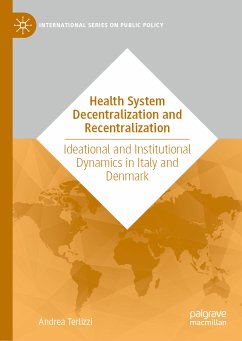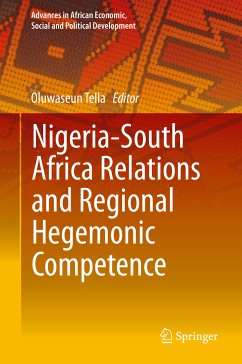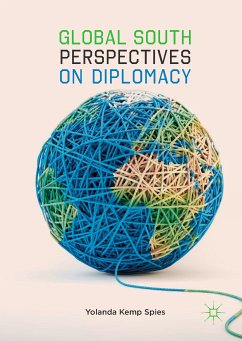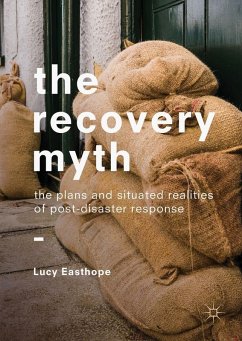
Civil Society Organisations, Governance and the Caribbean Community (eBook, PDF)
Versandkostenfrei!
Sofort per Download lieferbar
68,95 €
inkl. MwSt.
Weitere Ausgaben:

PAYBACK Punkte
34 °P sammeln!
Employs an interpretative methodology and incorporates several case studies, including Trinidad and Tobago, Barbados and St. Lucia
Fills a gap in the existing literature on Caribbean regional integration and Caribbean governance, by providing an comprehensive analysis of the role of non-state actors
Asserts that both regional and domestic decision-making mechanisms require renovation so that they can better respond to the needs of the people of the region
Dieser Download kann aus rechtlichen Gründen nur mit Rechnungsadresse in A, B, BG, CY, CZ, D, DK, EW, E, FIN, F, GR, HR, H, IRL, I, LT, L, LR, M, NL, PL, P, R, S, SLO, SK ausgeliefert werden.












